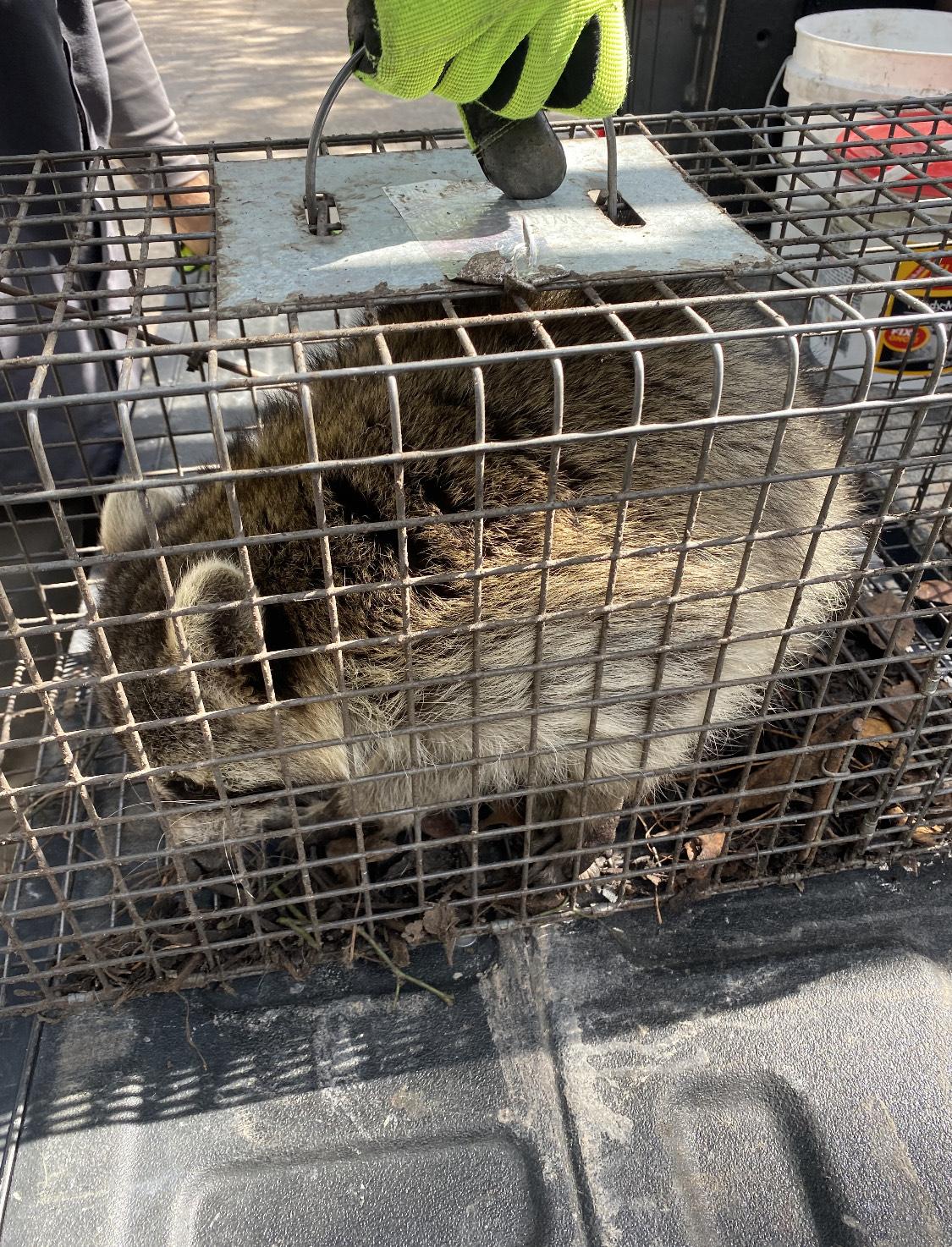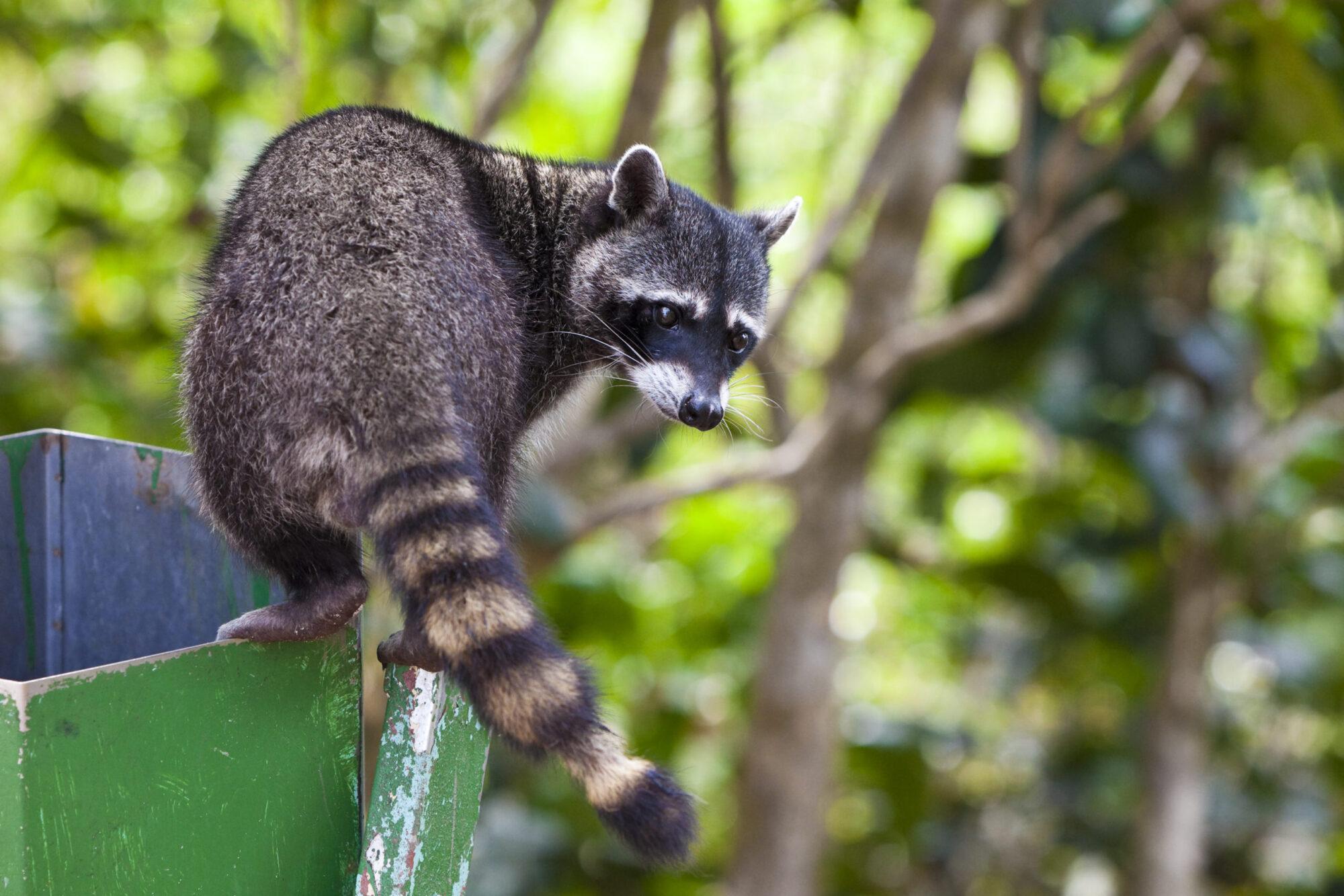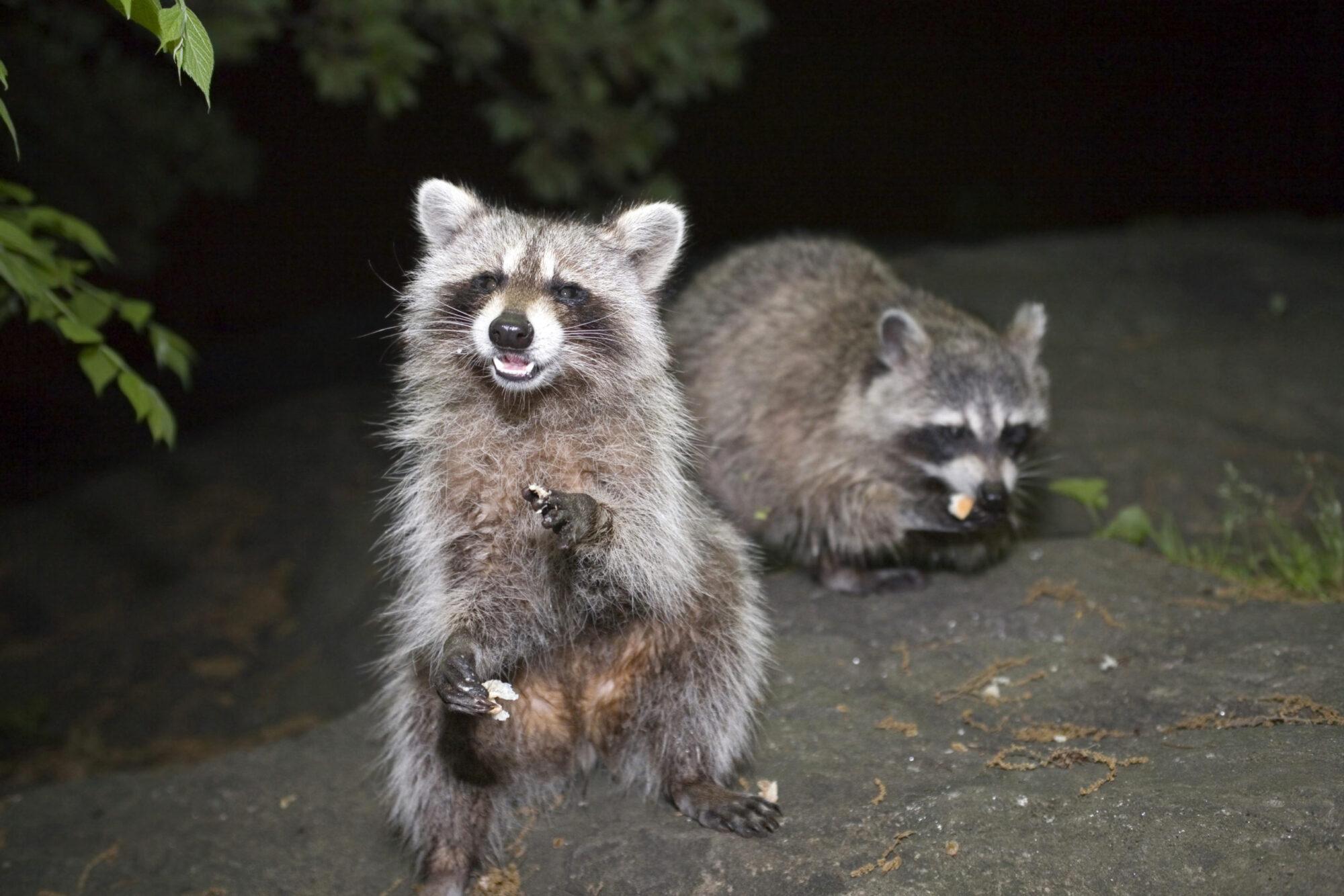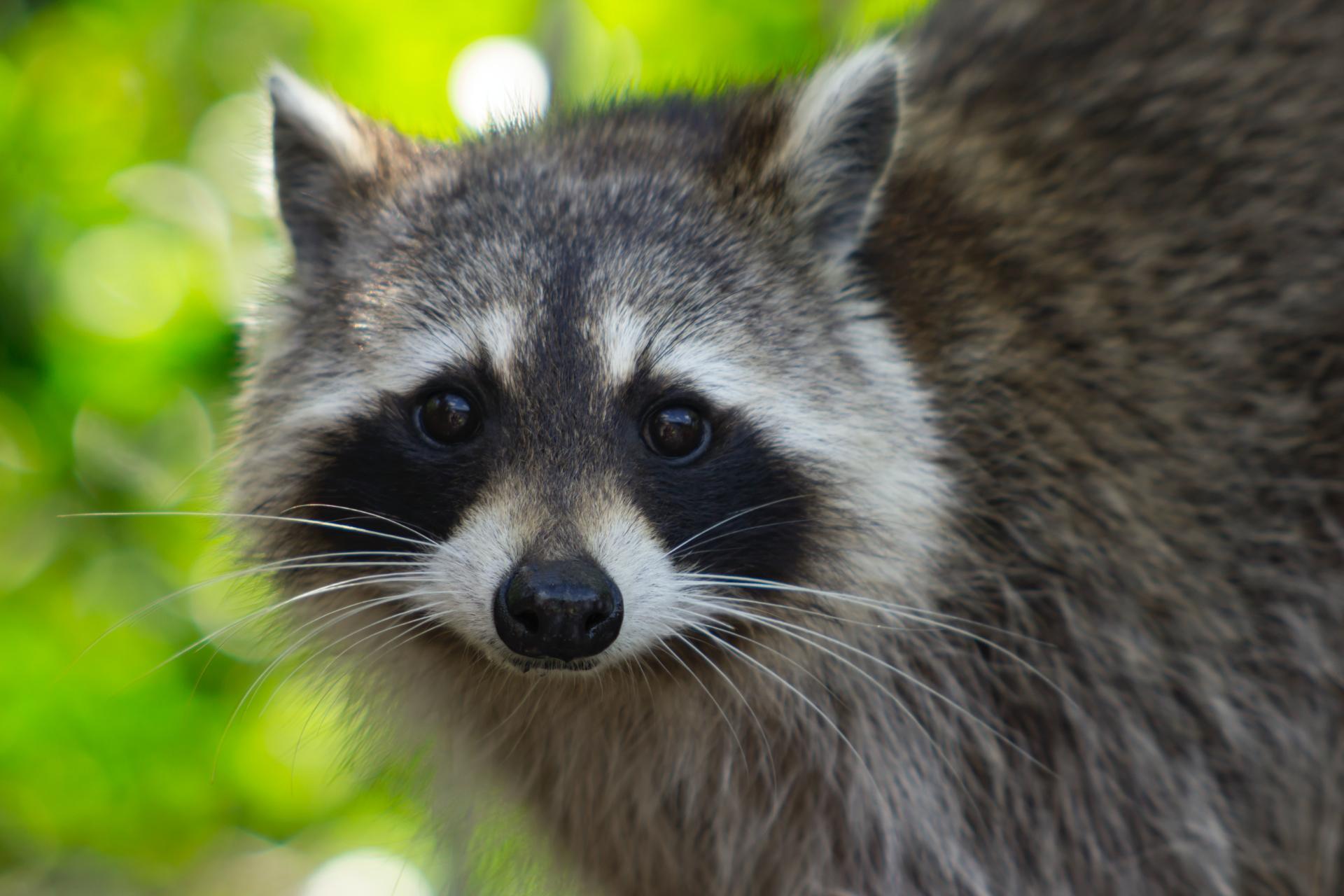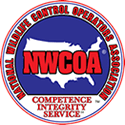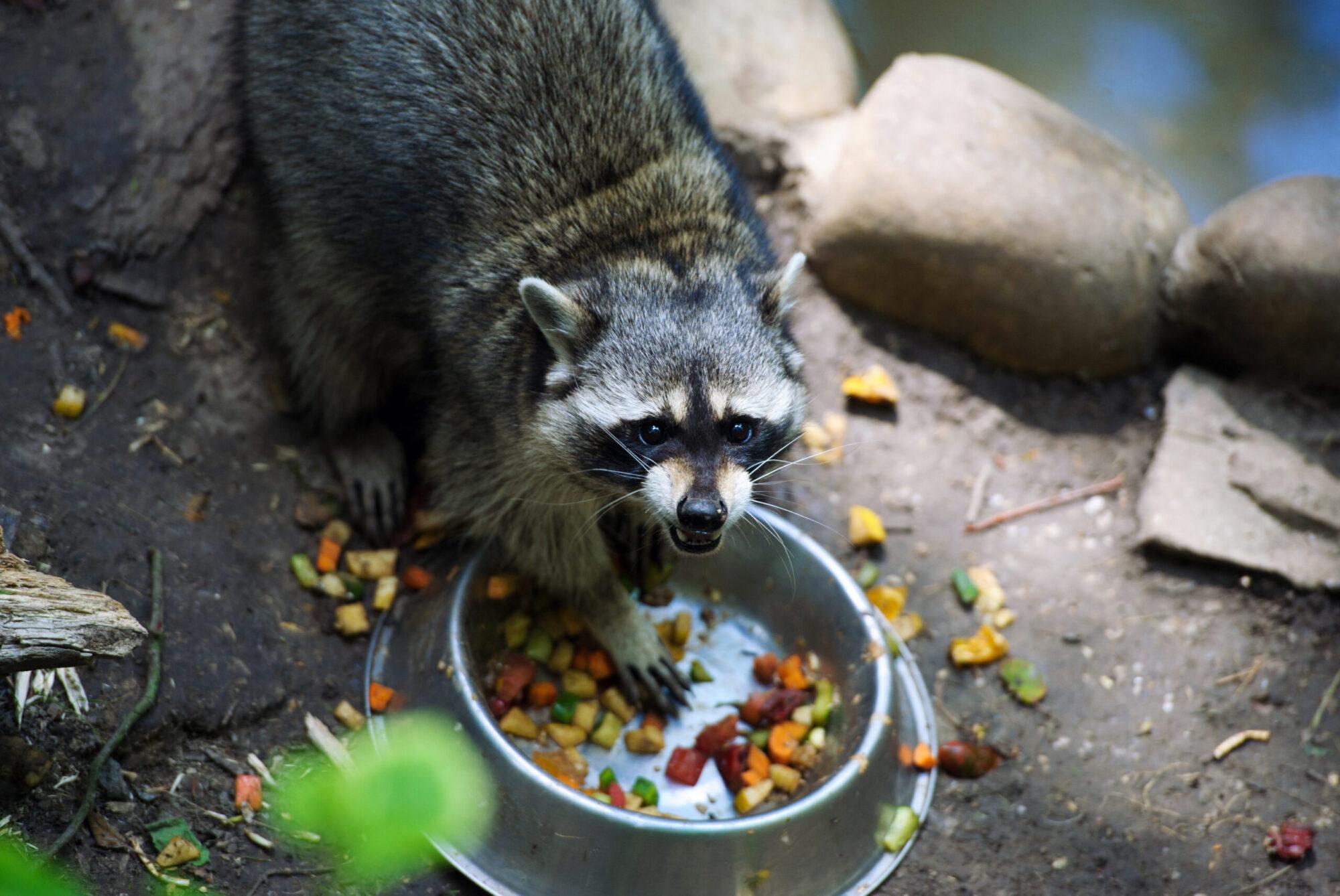
How to deter raccoons
Don’t want to pay for raccoon removal?The easiest way to avoid needing raccoon removal services is to deter raccoons in the first place.Here are three ways to try to keep raccoons off your property.#1) Restrict Access to FoodLike most urban scavengers, raccoons choose to inhabit properties where they can count

